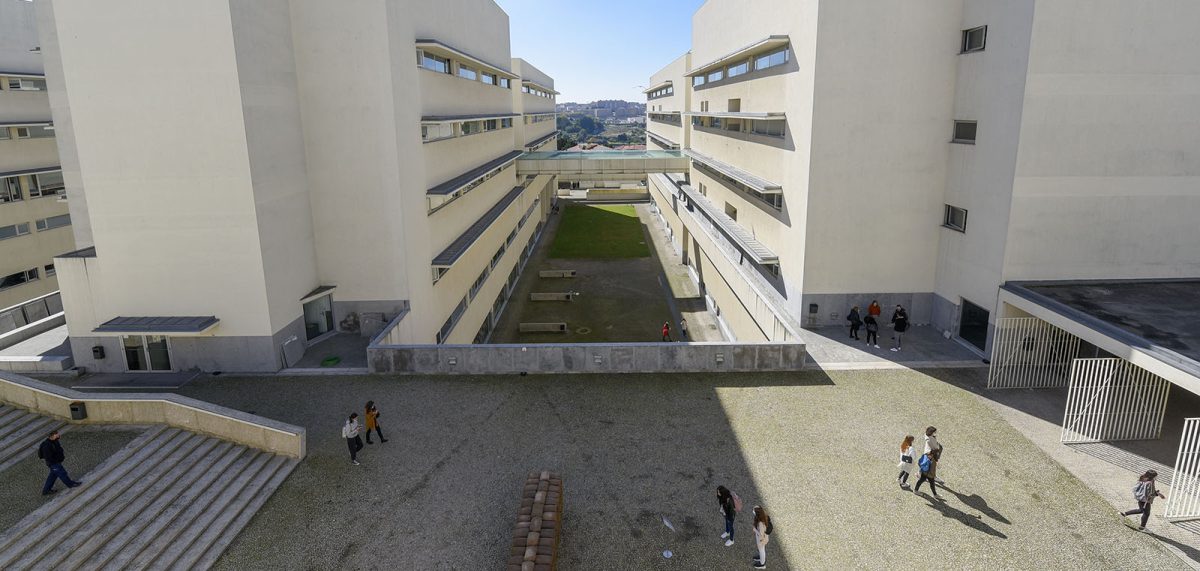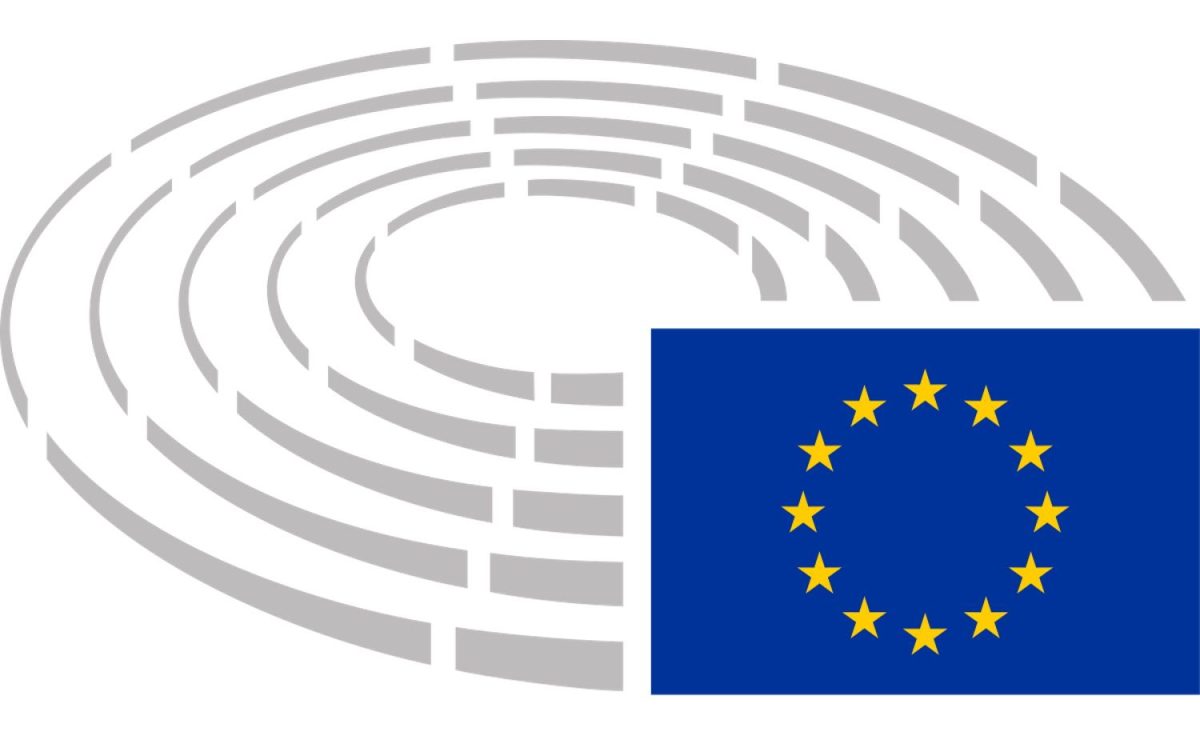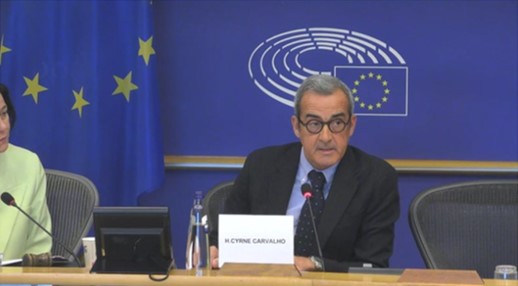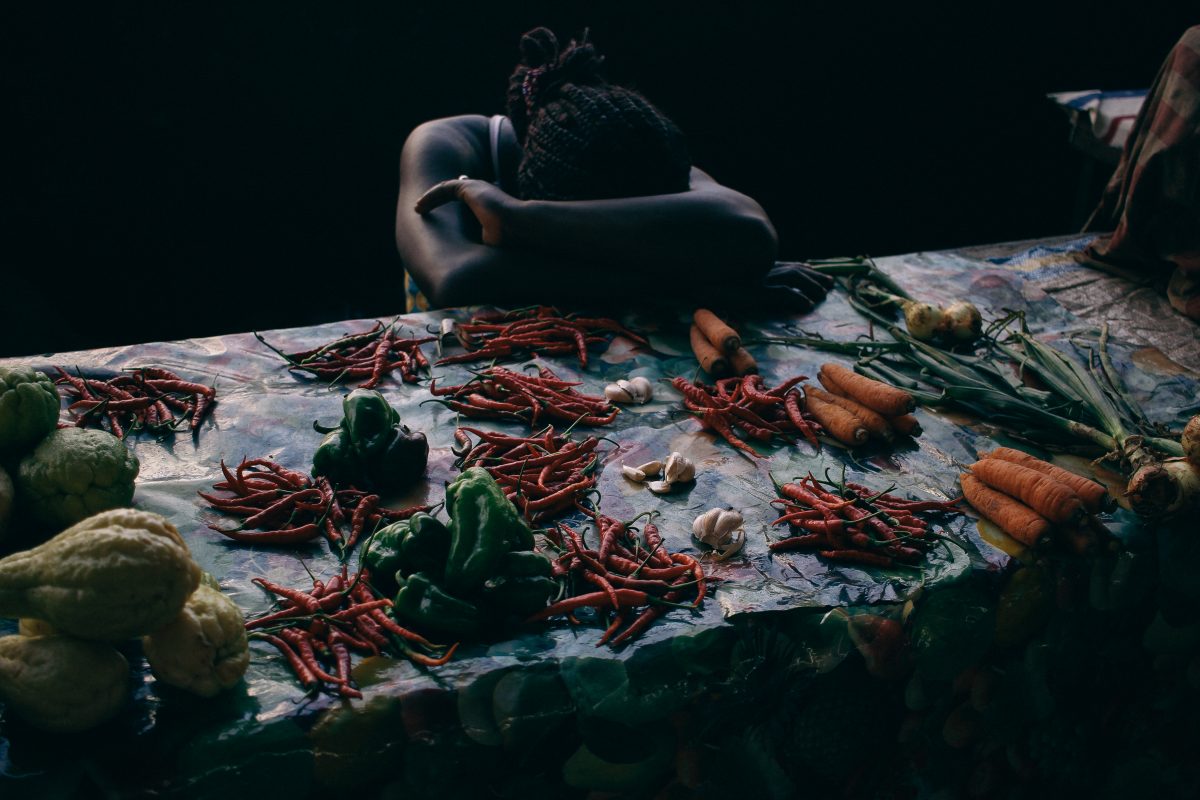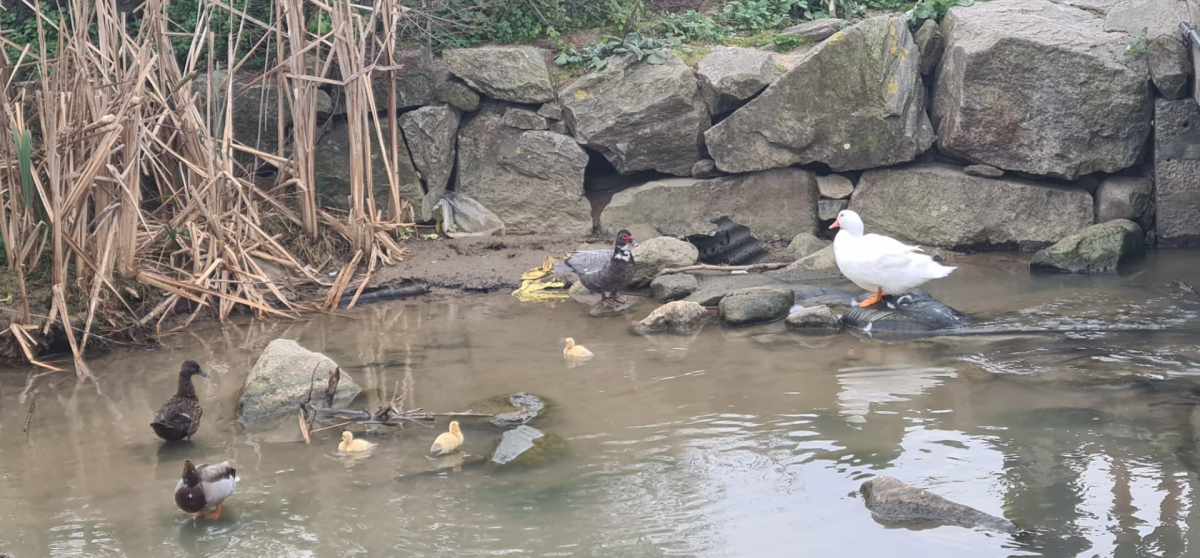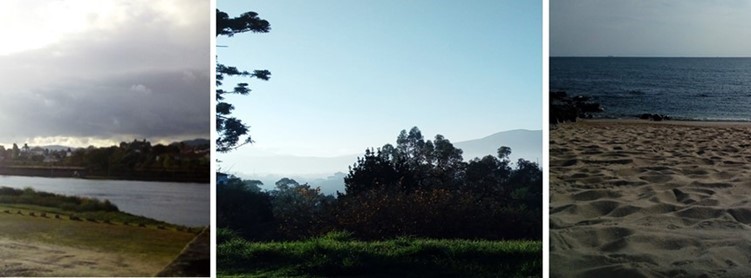The One Health is not a new concept, but it gained another meaning with the COVID-19 pandemic.
It is known that the most plausible hypothesis for the worldwide action of a virus that had never affected humans is that it was transmitted by an animal, like 75% of the infections that affect us. But the relationship between animals, humans and the environment is not limited to infectious diseases and has led various entities, such as the French NHS, to invest in new ways of investigating and protecting health.
The Instituto de Ciências Biomédicas Abel Salazar (ICBAS), in Porto, has been studying this 'global health' for four years, and on several fronts. With various investigations in progress, they introduced the 'One Health' subject in all courses and is the only faculty in ways of creating a MSc programme focused on this new way of seeing health.
Due to the work carried out, the director of ICBAS was the only Portuguese heard in the European Parliament talking about the concept and how it could be applied.
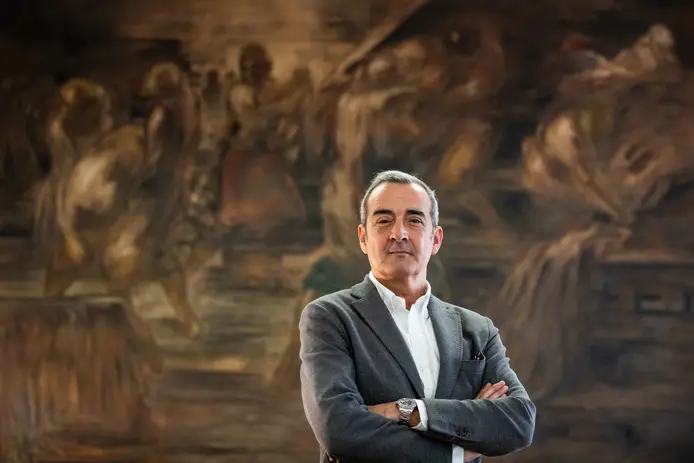
To Expresso, Henrique Cyrne Carvalho guarantees that thinking about human health without detaching it from animal and environmental health will have to dominate the research, training and policy strategies of the future.
Read the full interview here.
Source: Expresso.


